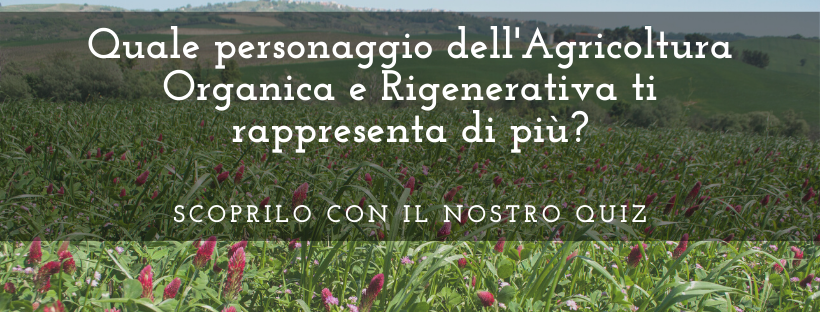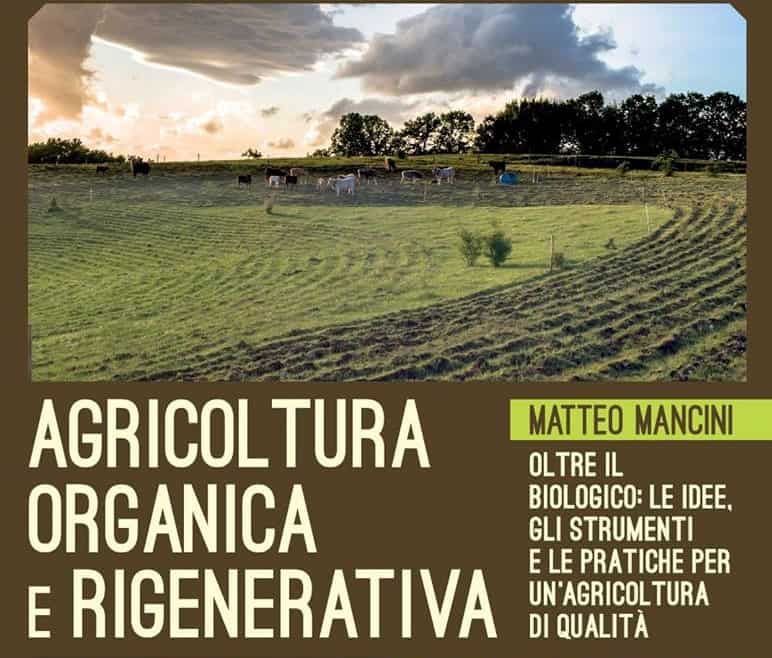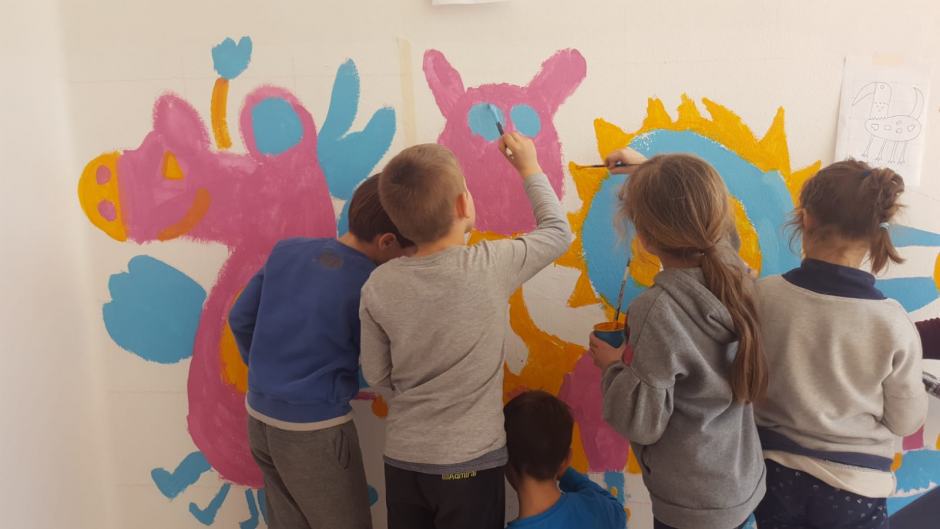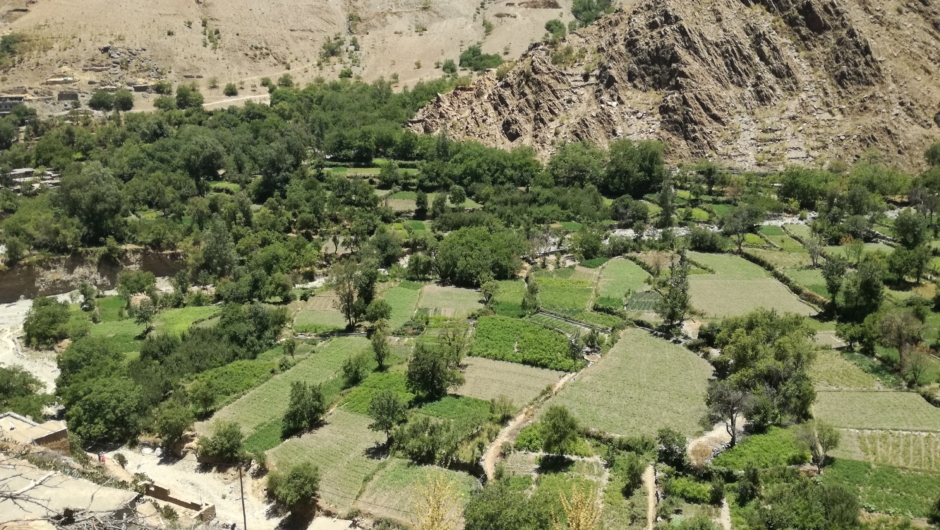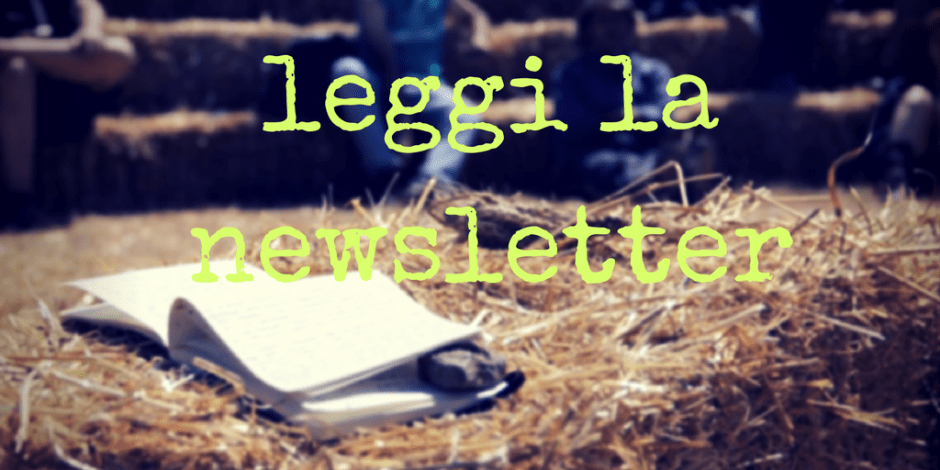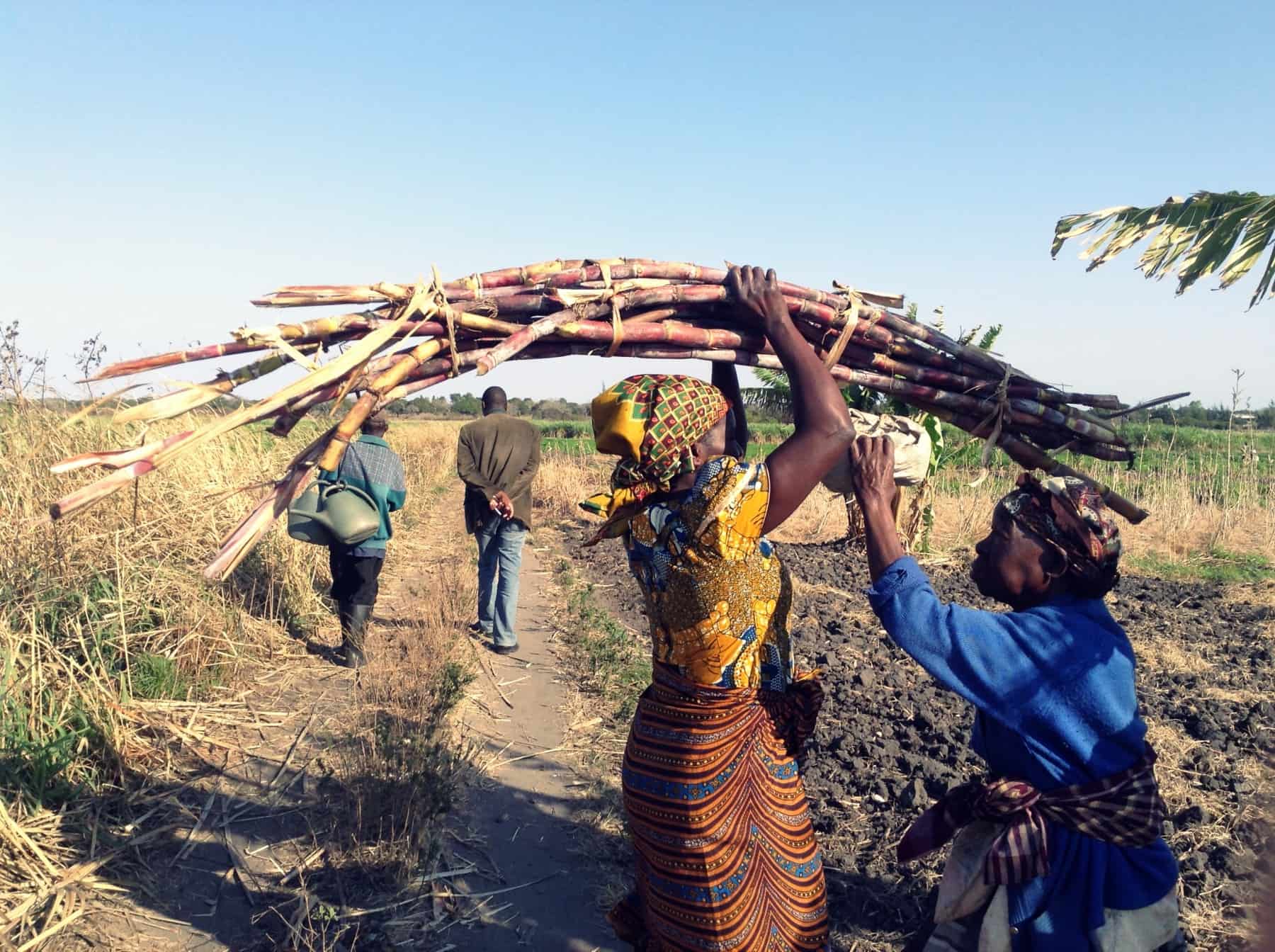Border Lands
Regenerating marginal areas through community sustainable participation
Ended:
31 January 2018
Context
The Municipality of Milan
Milan is one of the EU’s and the world’s major financial and business centers, is an hub of innovation and transformation. Milan is a megalopolis spreading beyond its boundaries, including neighboring municipalities, where is concentrate the 78% of the North Italian population (more than 20 million people) in 30.000 square kilometers.
Population growth has extreme consequences on soil degradation, pollution and exploitation of natural resources in the urban areas.
In Milan, the main threatening elements for a sustainable livelihood are:
- Air Pollution, due to polluted emissions and greenhouse gas emissions by cars, power plants, industries.
- Soil loss. The average estimate rate of soil exploitation and loss in Milan area is 35%, but more the 40% if we include the peri-urban areas.
- Heat Wave. Climate-change projections suggest that European summer heatwaves will become more frequent and severe. In July 2015 Milan registered an increase of +3,55°C of the average temperature.
Casina Sant’Ambrogio
Cascina Sant’Ambrogio is situated in Via Cavriana n° 38 in Eastern Milan, Borough Council 4 near a district heating plant and a former gasometer. It is the agricultural outpost of a huge green area.
That includes state-owned land, Forlanini Park, a metropolitan former seaplane base, now a pole of recreational, cultural and sporting activities of more than 250 hectares extending from the center of Milan until the Municipalities of Peschiera Borromeo and Segrate
CasciNet association, partner of our project, was borne in 2010 as an informal group of young people with the aim to regenerate Cascina Sant’Ambrogio, making it a hub of social and cultural innovation, at the same time preserving the surrounding green area and recovering its original agricultural purpose.
In 2012 CasciNet became a formally established association and signed with the Municipality of Milan a thirty-year contract for the management of Cascina Sant’Ambrogio.
Info
The partnership between Deafal and CasciNet started in 2016, when CasciNet asked Deafal contribution in elaborating a strategy of regeneration and revitalization of Cascina Sant’Ambrogio, with the aim to improve livelihood of the Borough Council 4 residents and reduce soil contamination in Milan urban area.
Taking into account the main issues related to soil contamination and high level of polluted emissions in the area, the project will intervene to improve the quality of the soil and guarantee healthy food from the Community Gardens and the Food Forest and the sustainable livelihood of the population of Borough Council 4.
Agricultural activities are the core issue of the strategy for their consistency with the original function of Cascina Sant’Ambrogio, for their value in order to protect the environment and landscape and for their aggregation capabilities, when managed with a participatory approach.
Available data on the fields revealed the need to take action on soil quality, as an essential condition for the cultivation of land and to ensure continuity and replicability of the ongoing Community Garden and Forest Garden projects.
Deafal will intervene on contaminated land through bio-phytoremediation and regenerative techniques, using plants and employing microorganisms or their products to remove, degrade or isolate the toxic substances present in the soil.
Deafal will also realize green vegetable barriers to protect the regenerated areas form air pollution and street noises.
Moreover, Deafal will promote the use of Regenerative and Organic Agriculture methods (see Annex “Basic principles ROA”) on already cultivated soils in order to improve their quality. Organic farming can reduce the risk of soil exploitation and depletion and preserve land against the negative effects of urbanization.
The activities will involve the Borough Council 4 residents and all the Urban Gardeners of Cascina Sant’Ambrogio.
Objectives
The overall goal is to contribute to the reduction of environmental risks of soil contamination and carbon emissions in the atmosphere, strengthening resilience of the local community in Forlanini – Ortica area, in Milan.
The specific objective is to improve the sustainable management of the land and the natural ecosystems in the area “Tangenziale Est Milano – Via dell’Ortica – Viale Argonne – Viale Corsica” through soil regeneration, participatory land use and revitalization of Cascina Sant’Amgrogio.
Beneficiaries
Direct beneficiaries: 1.600 members of the Association CasciNet will benefit from a green healthy land for farming and enjoying recreational activities. 50 members will be involved in the phytoremediation activities and in the creation of green vegetable barriers. More than 100 people will participate in the Regenerative and Organic Agriculture (ROA), Permaculture and Sustainable agriculture trainings.
Indirect beneficiaries: At least 50.000 people in Area 4 (Borough Council) will benefit from a better quality of land and air and from the revitalization of Cascina Sant’Ambrogio social, cultural and agricultural activities.
Local institution will benefit of a bottom up and participative green maintenance. The project results will be disseminated through an online and offline communication plan, reaching more than 100.000 people.
Expected Results
Expected Results 1: Improved livelihood and quality of the soil in the area Forlanini – Ortica, Cascina Sant’Ambrogio, using regenerative agricultural methods and a natural defense barrier.
Expected Results 2: Strengthened local participation and participative community management, increasing agricultural skills and knowledge.
1.1 Inception of microbiological solution and phytoremediation activities for soil regeneration
1.2 Realization of green barriers
2.1 Agroecology trainings
Budget
The project has a total cost of $ 64.834,10, partially co-funded by Autostrade S.P.A grant, partially co-funded by Deafal and Cascinet own resources. The request for grant from Patagonia amounts to $ 9.392,52, covering part of the phytoremediation and green barriers expenses, while training expenses and management costs are covered by Autostrade S.P.A. and Deafal and Cascinet own resources.
Partners:

Donors:
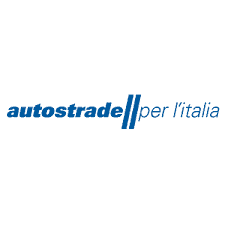
News
No elements

